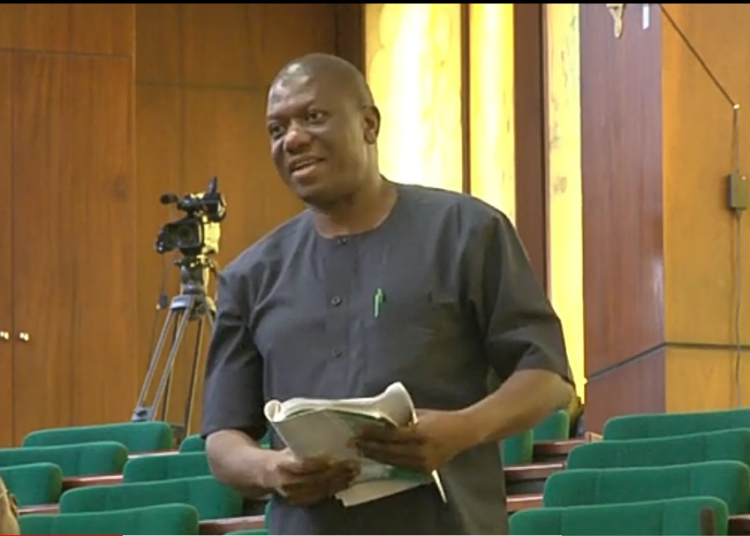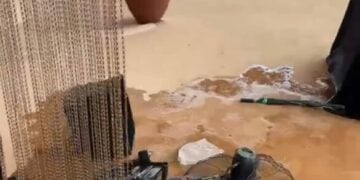Four hundred indigent students from Southern Kaduna have been awarded scholarships of N100,000 each by the Marshall Katung Foundation.
Most of the beneficiaries were struggling to pursue their education in tertiary schools in some parts of Nigeria.
On behalf of the founder and senator representing Kaduna South Senatorial District, Bar. Katung, the chairman of the Southern Kaduna Community Development Association, Elder Bature Likoro, said the initiative was borne out of the senator’s genuine desire to support students whose educational dreams are threatened by financial challenges.
Likoro said Senator Katung believes education remains the strongest tool for social change and human capital development, stressing that empowering young people through education would reduce the region’s poverty, crime and unemployment.
He reaffirmed the senator’s commitment to sustaining the scholarship scheme annually and expanding its reach to more students across Southern Kaduna. He appealed to those who applied but were not shortlisted to remain patient, assuring them their turn would come in subsequent editions.
Earlier, Barr Gloria Ballason, chairperson of the Foundation’s Scholarship Committee, revealed that 3,125 students applied, of whom 400 were selected through a rigorous screening process.
She commended the transparency of the selection exercise and applauded the team’s dedication to ensuring that only genuinely indigent students benefitted from the initiative.
Also, the secretary of the Scholarship Committee, Mr Edward Pama Auta, urged the government and well-meaning individuals to invest more in scholarship and educational support programmes to reduce the burden on struggling families and promote equal learning opportunities.
In a keynote paper on “Mainstreaming STEM Education for National Development”, the chairman of the Southern Kaduna Professors’ Forum, Prof. John La’ah, stressed the importance of Science, Technology, Engineering, and Mathematics (STEM).
He said for Nigeria to harness the potential of innovation, the teaching of STEM subjects must begin from the primary school level.
La’ah said early exposure would inspire creativity and prepare young minds to solve real-life problems in science and technology.
He said the progress of any society is directly tied to the quality of education it provides and called for stronger partnerships between the government, private organisations and individuals to build a culture that prioritises learning, research and innovation as the foundation for sustainable development.





